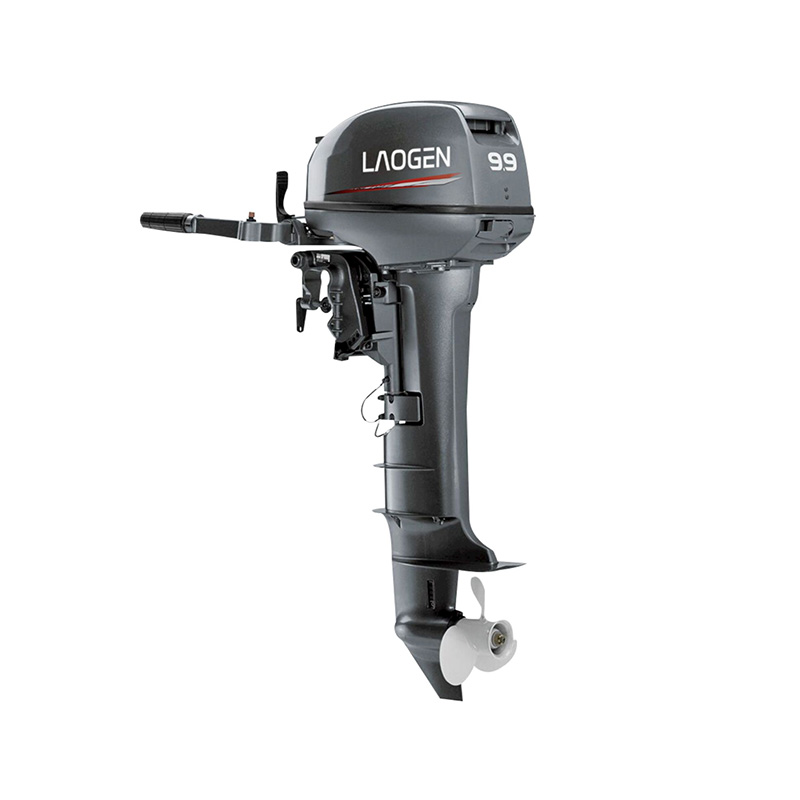The Impact Of 2-Stroke Outboard Motors On Marine Propulsion
The 2-stroke outboard motor and its counterpart, the outboard boat engine, stand as pivotal players reshaping the dynamics of boating experiences. These innovative technologies have sparked discussions and debates within the maritime community, with enthusiasts and professionals exploring the nuances of their design, efficiency, and environmental implications.
The 2-stroke outboard motor has long been a symbol of agility and power in the world of boating. Its simple yet effective design, featuring a combustion cycle completed in two strokes of the piston, provides a lightweight and compact solution for marine propulsion. Advocates of the 2-stroke technology often emphasize its high power-to-weight ratio, making it a preferred choice for smaller watercraft where maneuverability is crucial.
However, the discussion surrounding 2-stroke outboard motors is not without its controversies, and one key point of contention lies in environmental impact. The combustion process in 2-stroke engines involves a mixture of fuel and oil, pilot to a higher emission of unburned hydrocarbons compared to 4-stroke counterparts. Critics argue that this could contribute to air and water pollution in marine environments. As environmental concerns gain prominence, there is a growing push for stricter regulations and the adoption of cleaner alternatives.
On the other hand, outboard boat engines, a broader category encompassing both 2-stroke and 4-stroke technologies, offer a diverse range of choices for boat owners. The outboard boat engine has evolved to become a versatile powerhouse, providing boaters with options based on their preferences, needs, and the specific demands of their watercraft.
Advancements in outboard boat engine technology have led to improvements in fuel efficiency and reduced emissions. Manufacturers are increasingly investing in research and development to create engines that strike a balance between performance and environmental sustainability. The development of cleaner-burning fuels and more efficient combustion processes has contributed to a more eco-friendly approach without compromising on power.
In practical terms, the choice between a 2-stroke outboard motor and a 4-stroke variant often boils down to the specific requirements of the boater. While 2-stroke engines may excel in certain aspects, such as simplicity and power, 4-stroke engines are lauded for their fuel efficiency, lower emissions, and quieter operation. Boaters need to weigh these factors against their individual preferences, the type of watercraft they own, and the environmental considerations that guide their choices.
In conclusion, the ongoing discourse surrounding 2-stroke outboard motors and outboard boat engines reflects the dynamic nature of marine propulsion technology. The maritime community continues to navigate the seas of innovation, seeking solutions that align with performance expectations while addressing environmental concerns. As regulations evolve and technology advances, boaters are presented with a spectrum of choices, each with its own set of advantages and considerations. The future of marine propulsion promises to be shaped by a balance between power, efficiency, and environmental responsibility.
In this ever-evolving landscape, boaters must stay informed about emerging technologies and environmental regulations. The pursuit of a seamless boating experience necessitates a thoughtful evaluation of propulsion options, ensuring a harmonious blend of power and sustainability in the vast waters they navigate.
Boaters are urged to embrace advancements, considering factors like carbon footprint, noise levels, and regulatory compliance. The synergy between enthusiasts, manufacturers, and environmental stewards will shape a maritime future where cutting-edge propulsion coexists with ecological mindfulness, ushering in an era of responsible and exhilarating boating adventures.


 English
English русский
русский











